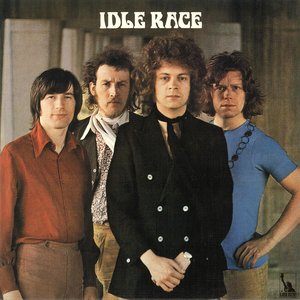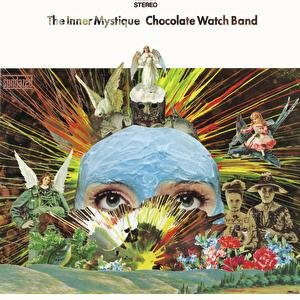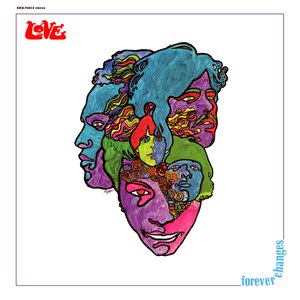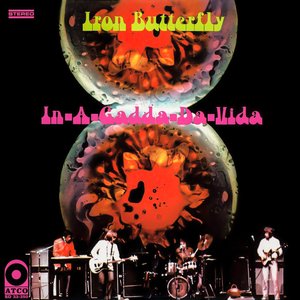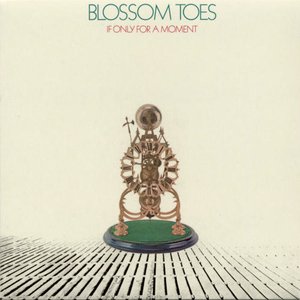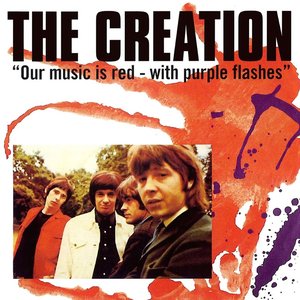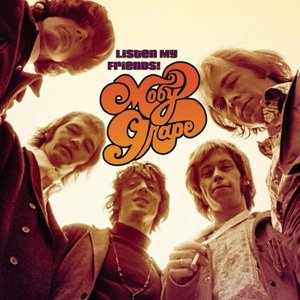Wiki
-
Release Date
1976
-
Length
12 tracks
The band Tomorrow existed for only about a year, but with this one album they left a considerable legacy. Principal songwriters were singer Keith West (real last name: Hopkins) and Ken Burgess, who was not a member of the band but nonetheless wrote much of the music. Upon hearing “My White Bicycle” in the studio, John Lennon declared it “the anthem of the psychedelic era.” As soon as the upbeat opener of the album finishes, however, we hear the story of “Colonel Brown”, a retired army man who has lost everything he once held dear aside from a few of his medals. Contrary to what you would expect from a psychedelic 60s band, the lyrics are sincere and the character comes alive in a way Ray Davies’ characters never could. The rest of the songs likewise represent extraordinary 60s pop, rock & psychedelia in a consistently tight 3 or 4 minute format, from the whimsical “Three Jolly Little Dwarfs” to the raga-inspired “Now Your Time Has Come,” the bewildering-yet-catchy “Revolution” (A-side of their second 45rpm) and the dreamy “Hallucinations.” The band could be forgiven for attempting a decent but pointless cover of the Beatles classic; they must have fallen under the spell while hearing the fab four working in the studio next door. And who could really blame them?
The album was recorded in bits and pieces over a time span of five months in 1967. Contractual matters and disinterest from the record company eventually delayed its release date another five months by which time the band had lost its momentum and was about to fall apart. Predictably, the album sold poorly when it was finally released in February 1968. A small number of original UK copies survived, divided more or less equally between mono and stereo versions. In subsequent years, a growing number of listeners began recognizing the album’s greatness, but the few reissues on vinyl and later on CD all feature the stereo version, the mixing of which was neither supervised nor approved by producer Mark Wirtz.
Album descriptions on Last.fm are editable by everyone. Feel free to contribute!
All user-contributed text on this page is available under the Creative Commons Attribution-ShareAlike License; additional terms may apply.

